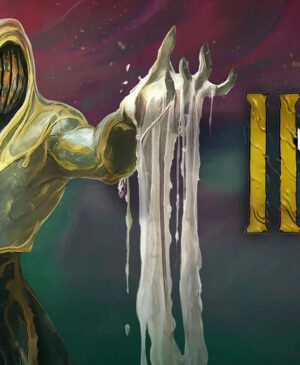MOVIE NEWS – The upcoming sequel to I Am Legend, starring Will Smith, is already stirring conversation ahead of its release. What surprises are in store for fans of the original? As revealed by producer Akiva Goldsman to Deadline, the film will discard the final 15 minutes of the 2007 zombie blockbuster and instead embrace an alternate, rarely-seen deleted scene. This sequel seems less like a continuation and more like an apology for past mistakes.
Continuity changes in franchises are nothing new, but when filmmakers completely rewrite established narratives, it risks alienating audiences. In the 2007 adaptation of Richard Matheson’s classic, Dr. Robert Neville (played by Smith) sacrifices himself to save humanity by providing a cure for the Krippin Virus. However, the original plan featured a far darker ending, one that reframed the story as a philosophical exploration of morality rather than a standard blockbuster. The question remains: what is lost when a film abandons a challenging third act, and what does it reveal about the influence of test audiences?
Matheson’s work had been adapted before, with Vincent Price starring in the first film and Charlton Heston taking on the lead in the 1970s remake. While these earlier versions laid the groundwork for modern zombie films, they actually focused on vampires. The 1964 film The Last Man on Earth predates Romero’s zombie revolution by four years. Both it and 1971’s The Omega Man offered unique interpretations, but a modern retelling promised a fresh perspective.
Unfortunately, the 2007 version fell short of expectations. Over the years, it has been heavily criticized for its safe, conclusive ending, where Neville successfully develops a cure. This “too perfect” resolution left many dissatisfied. In Matheson’s original vision, Neville begins to empathize with the creatures he hunted, grappling with profound moral dilemmas. By abandoning this nuanced approach, the film leaned into simplistic hero tropes.
Film historian Glen Donnar emphasizes the importance of the deleted scene, describing it as a pivotal moment where Neville confronts his own monstrous actions. The theatrical ending, by contrast, perpetuates the idea that scientific progress is inherently good and adversaries are undeserving of understanding. Matheson’s fans felt betrayed, but the story is more complex than it seems.
Countless films have been reshaped—or even ruined—by last-minute edits aimed at pleasing test audiences. Consider Blade Runner, whose original vision was diluted by producers, or the success stories like Blade and First Blood, which benefited from test feedback. The theatrical ending of I Am Legend was replaced because early viewers reacted poorly to its somber tone, leaving the original finale to DVD extras.
The saga continues. Producer Akiva Goldsman recently confirmed that the 2025 sequel will disregard the theatrical ending and restore the alternate finale seen only in home releases. While this change allows for fresh narrative opportunities, it also highlights the economic motivations behind such decisions. Hopefully, this approach won’t become a widespread trend.
Source: MovieWeb
















Leave a Reply